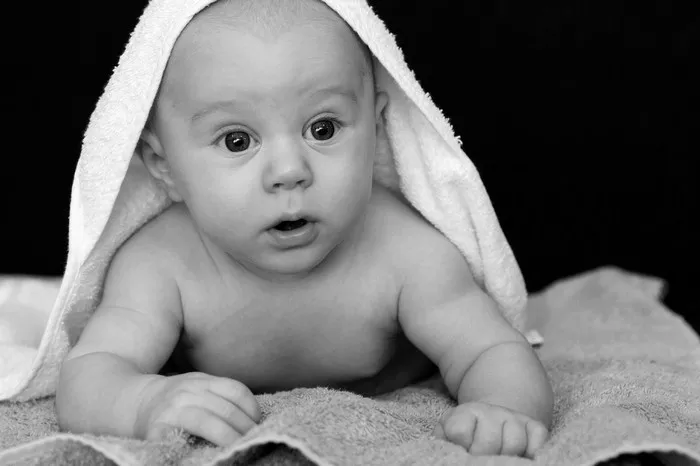Is it normal for a 2-month-old to catch a cold? This is a question that often worries new parents who are navigating the challenges of caring for their infant’s delicate health. While the common cold may seem like a minor ailment for adults, it can be a cause for concern when it comes to infants, especially those as young as two months. In this article, we will explore the factors contributing to the vulnerability of infants to colds, how to differentiate a common cold from more serious illnesses, and most importantly, provide guidance on how to prevent and manage colds in 2-month-olds.
Understanding the Immune System of a 2-Month-Old
Developmental Stage of the Immune System:
At two months, a baby’s immune system is still in the early stages of development. Infants rely heavily on maternal antibodies passed through breast milk for protection against infections. However, this immunity is not foolproof, leaving them susceptible to common viruses, including those causing colds.
See Also:How Does a Cold Turn Into RSV?
Limited Exposure to External Environment:
Newborns spend most of their time in a controlled environment, typically at home, which reduces exposure to pathogens. As they grow older, their immune systems gradually adapt to external challenges. However, in the initial months, the limited exposure can make them more susceptible to infections when introduced to new environments or exposed to infected individuals.
Recognizing Cold Symptoms in a 2-Month-Old
Subtle Signs of a Cold in Infants:
Identifying a cold in a 2-month-old can be challenging as they may not display typical symptoms seen in older children or adults. Look for subtle signs such as nasal congestion, mild cough, and changes in behavior like increased fussiness or difficulty sleeping. Feeding patterns might also be affected.
When to Consult a Pediatrician:
While a cold is often a self-limiting condition, it’s crucial to know when to seek medical advice. Persistent high fever, difficulty breathing, lethargy, or any signs of dehydration should prompt an immediate consultation with a pediatrician.
Preventive Measures for Cold in 2-Month-Olds
Encouraging Breastfeeding:
Breast milk provides essential nutrients and antibodies that can strengthen a baby’s immune system. Encouraging breastfeeding, particularly during the first six months, can help reduce the risk of infections, including the common cold.
Maintaining Hygiene Practices:
Practicing good hygiene is essential in preventing the spread of infections. Regular handwashing, especially before handling the baby, and ensuring that caregivers are in good health can significantly reduce the risk of cold transmission.
Avoiding Unnecessary Exposure:
Limiting the baby’s exposure to crowded or enclosed spaces, especially during peak cold seasons, can minimize the risk of infection. Additionally, keeping visitors to a minimum, particularly those who may be unwell, is crucial.
Managing a Cold in a 2-Month-Old
Providing Adequate Fluids:
Ensuring proper hydration is crucial when an infant has a cold. Increased breastfeeding or formula feeding can help prevent dehydration and provide comfort to the baby.
Using Nasal Saline Drops:
Nasal congestion is a common symptom of colds in infants. Using saline drops can help alleviate congestion and make it easier for the baby to breathe. However, it’s essential to consult with a healthcare professional before using any over-the-counter remedies.
Monitoring Temperature:
Regularly monitoring the baby’s temperature is crucial when they have a cold. If a fever persists or reaches a concerning level, seek medical advice promptly. Avoid self-prescribing medication without consulting a healthcare professional.
Conclusion
In conclusion, while it may be disconcerting for parents to see their 2-month-old with a cold, it is not uncommon due to the developmental stage of the immune system. Understanding the vulnerabilities of infants, recognizing subtle signs of a cold, and implementing preventive measures are essential aspects of ensuring the well-being of the baby. If in doubt or if symptoms persist, always consult a pediatrician for appropriate guidance and medical care. Remember, a proactive approach to hygiene and health can go a long way in safeguarding your baby from common illnesses, fostering a healthy and happy beginning to their life.
Related Topics:
How To Support Your 6-Month-Old Through a Cold?
6 Indicators Your Infant Might Have a Cold
What You Need To Know About Colds in Newborn Babies


